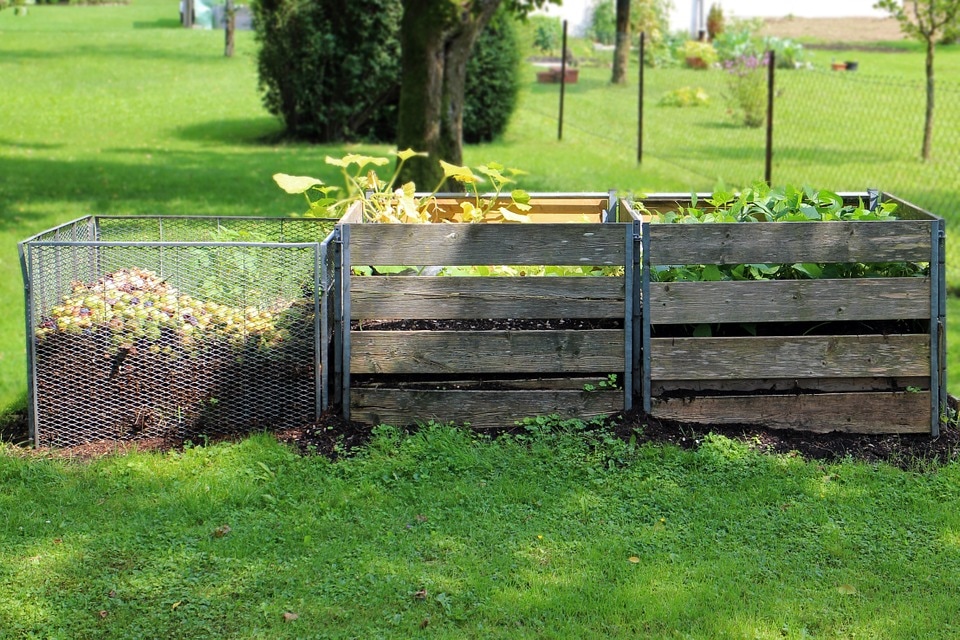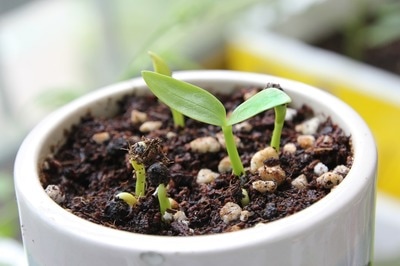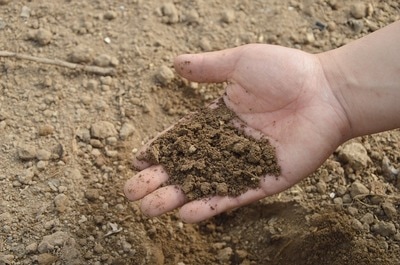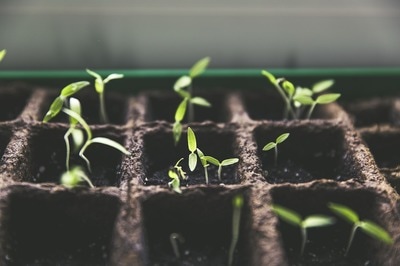Compost your way to fresher meals
January 27, 2017
1. Composting can fit any lifestyle. You can choose to go the backyard heap route, but living in an apartment or other enclosed space necessitates composting in a bin. Here’s a handy guide to the different types of bins and containers you can use depending on garden size, space, and budget.
2. Grass clippings add nitrogen to a compost bin or pile, which is necessary alongside “brown” materials that add carbon (e.g., leaves, straw, and hay). Be sure to steer clear of weeds or plants treated with pesticides. The City of Phoenix also hosts a mulching program exclusively for wood, green organics, and yard waste.
3. Fats, pet waste, bones, and other animal products will attract pests to your compost pile and can even spread disease. Go here for an extensive list of what’s compostable and what isn’t.
4. It’s important to keep your compost aerated. Whether in a bin or pile, turn or tumble your compost whenever you add new material.
5. The compost material needs to be moist to keep the decomposition process active, but an overly wet and soggy compost will begin to stink. Adding fruit and veggie peels will usually give your compost the amount of moisture it needs, but in the dry, arid Phoenix climate, you may need to spray your pile with water about once a week. An easy rule-of-thumb to remember is that your compost material should feel as moist as a wrung-out sponge.
6. Variety is key! Having too much of one thing in your compost bin will throw off the balance of the pile. Try to keep a good mix of green and brown material in your bin or pile for the best, most nutrient-rich soil.
Get started today, and spread the word about how composting can make for cleaner skies and better home-grown food. Do you have your own composting tips? Share them in the comments below!




